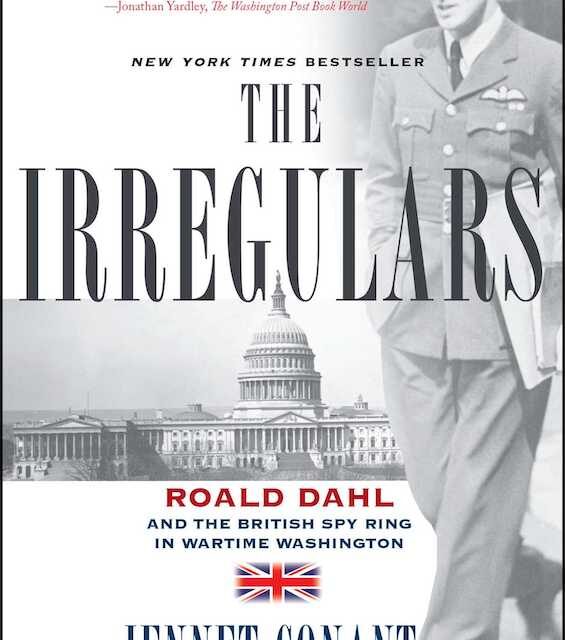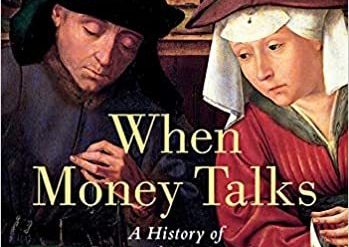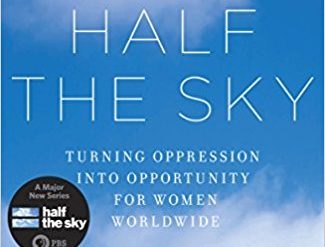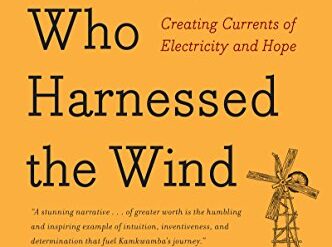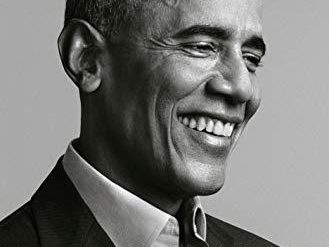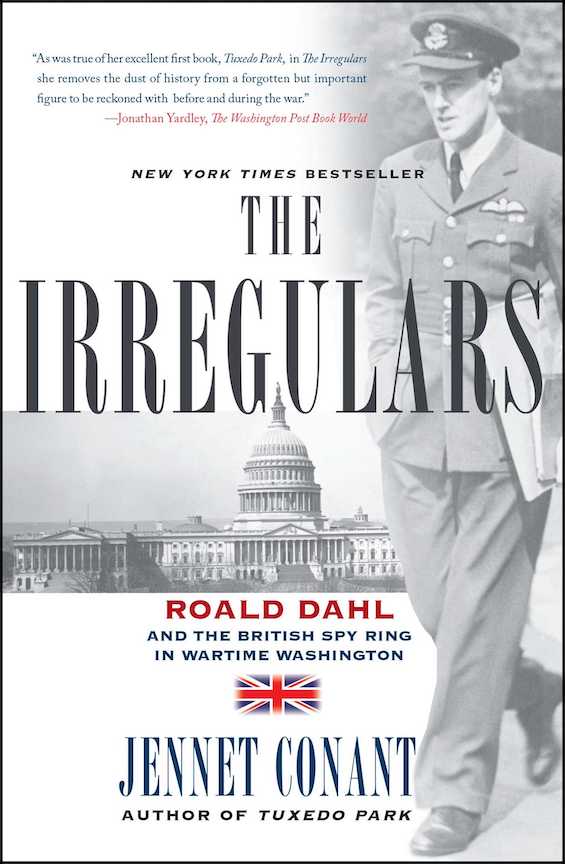
Estimated reading time: 6 minutes
Soon after Winston Churchill became Prime Minister of Great Britain in May 1940, he turned to a Canadian industrialist named William Stephenson for help. Stephenson’s charge was to weigh in on his biggest challenge in prosecuting the war against Germany: persuading the United States to join the fight. Churchill appointed Stephenson head of a new top-secret organization dedicated to that purpose. Called British Security Coordination, the new offshoot of SIS (the Secret Intelligence Service, or MI6) was charged with rooting out German spies in America and countering the influence of the hugely popular America First Committee.
Those daring British spies in wartime Washington
In a 2019 book, Agents of Influence: A British Campaign, a Canadian Spy, and the Secret Plot to Bring America into World War II, British author Henry Hemming details the extraordinary efforts undertaken by Stephenson’s army of undercover agents. In action taken throughout the Western Hemisphere, they spread fake news, propagated rumors through whispering campaigns, forged documents, and vilified Nazi Germany through every available channel. Hemming’s book focuses on BSC’s first year and a half (May 1940 to December 1941). He chronicles its success in helping move American public opinion away from isolationism and toward a declaration of war.
Another, earlier book, The Irregulars: Roald Dahl and the British Spy Ring in Wartime Washington by Jennet Conant, takes up the story of the BSC during the remaining four years of the war, with its portrayal of Britain’s spies in Washington DC and their American collaborators. One of those spies was a young RAF pilot named Roald Dahl. Yes, that Roald Dahl, the author of James and the Giant Peach and Charlie and the Chocolate Factory. Conant builds her story in The Irregulars around Darl’s glamorous figure. The book also serves as a biography of the difficult man who would later in life become one of the world’s most beloved children’s authors.
The Irregulars: Roald Dahl and the British Spy Ring in Wartime Washington by Jennet Conant (2008) 418 pages ★★★★☆
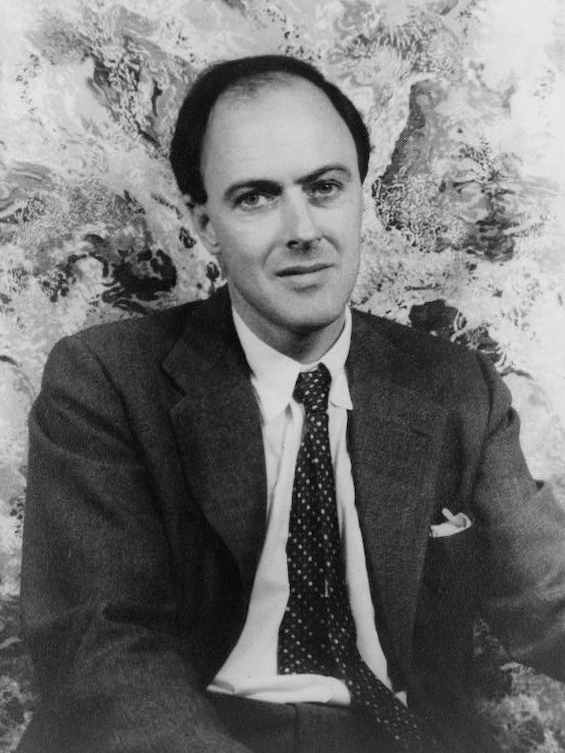
History viewed through biography
Now, nearly 80 years later, many of the names that captured headlines in wartime Washington have faded into memory. And the city itself has greatly evolved since the tumultuous years of the New Deal and the Second World War. Then, Washington felt to many like a small town. “Everybody who was everybody” knew one another. And Roald Dahl, Assistant Air Attaché in the British Embassy, knew them all.
In fact, Dahl was just one of several glamorous British military officers stationed in Washington in those years who worked for BSC either as employees or agents. Among them were other luminaries such as Ian Fleming—author of the James Bond novels—and David Ogilvy, who later gained worldwide fame as a pioneer in the advertising industry. But Dahl may well have been the best-connected of them all.
Dahl dined at the White House with FDR and Evelyn Roosevelt on several occasions and joined them in Hyde Park for weekends. He became a close personal friend of Vice President Henry A. Wallace, meeting with him almost daily. He was a perennial guest at foreign embassy functions and the endless rounds of Georgetown cocktail parties where the nation’s business was often negotiated. And he bedded many of the city’s wealthiest and most prominent women, including Congresswoman Clare Booth Luce, wife of Time magazine publisher Henry Luce. In the process, Roald Dahl became a steady source of high-level and sometimes top-secret intelligence for his boss, William Stephenson. His reports sometimes landed on Winston Churchill’s desk.
Casting light on Anglo-American tensions
The Irregulars adds little to our understanding of the US conduct of World War II. Conant is more successful in depicting the shifting dynamics of power within the Democratic Party in that era. It was a time when FDR’s vice president, Henry A. Wallace, loomed as one of the country’s most polarizing political figures—lionized on the left, despised on the right. The fight over the vice presidential nomination in 1944, when FDR, already desperately ill, ran for a fourth term, kicked off a bitter and protracted fight that ultimately ended in Wallace’s departure from government. And Roald Dahl had a front-row seat on all the action. But the book may be most useful for the light it casts on the friction between the US and Great Britain.
Strategic differences over the conduct of the war between Roosevelt and Churchill are well known. They argued over the wisdom of the North Africa landing in November 1942, invading Sicily in July and August 1943 instead of the Eastern Mediterranean, and, most famously, over launching the Normandy Invasion. Though the relationship between the two Allied leaders was rocky at first, it soon grew warmer and they remained close until the end of FDR’s life. But, below the disputes over war strategy lay a more fundamental difference. The Americans, with few exceptions, were adamantly opposed to the preservation of the British Empire after the war—while the British, from Winston Churchill on down, were imperialists almost to a man. The conflicts that arose over that central idea were frequent and bitter in the closing years of the war. And Roald Dahl was situated up front and center to witness the fray.
About the author
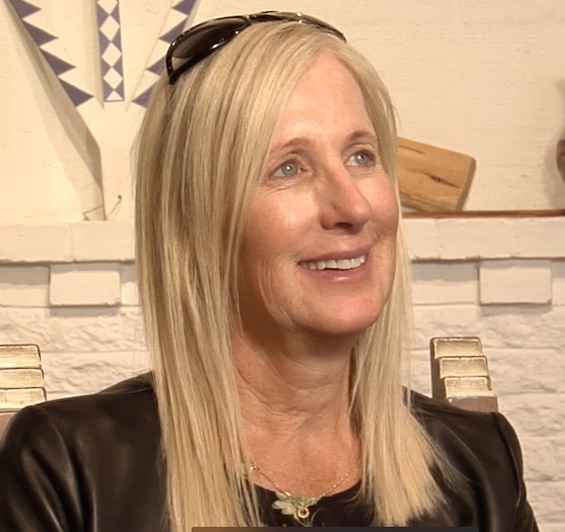
Jennet Conant (1959) has written six nonfiction books, most of them about World War II. Three have been New York Times bestsellers. She holds a BA in Political Theory from Bryn Mawr College and double-majored in Philosophy at Haverford College. Later, she acquired an MA in Journalism from Columbia University. She lives in New York. Conant is married to the journalist Steve Kroft, with whom she has one son. She’s the granddaughter of James Bryant Conant, a chemist and President of Harvard University who himself played a significant role in World War II.
For related reading
This book is a runner-up to the 10 top WWII books about espionage.
A decade later, another excellent nonfiction book appeared that recounted the work of the British Security Coordination, focusing on its activities before war was declared: Agents of Influence: A British Campaign, a Canadian Spy, and the Secret Plot to Bring America into World War II by Henry Hemming (British interference in American politics in WWII).
You might also enjoy:
- 10 top nonfiction books about World War II
- Books about World War II in the Pacific
- The 10 best novels about World War II
- 7 common misconceptions about World War II
- The 10 most consequential events of World War II
- Top 20 popular books for understanding American history
And you can always find my most popular reviews, and the most recent ones, on the Home Page.

